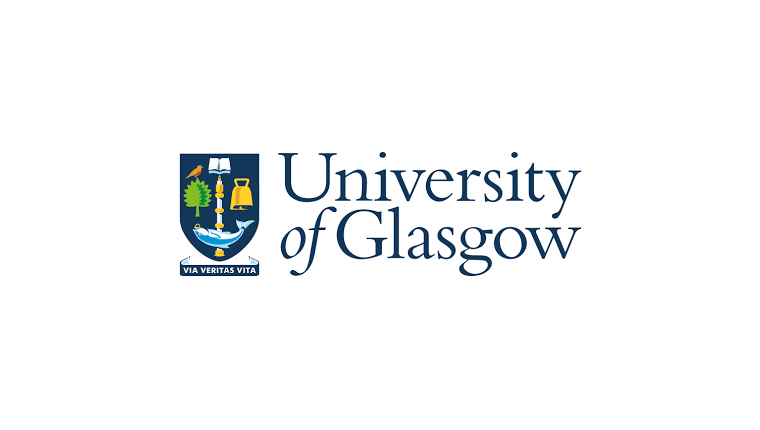
Protocells with unpredictable complexity tamed by AI
New University of Glasgow research published today (January 15) in the journal PNAS, shows a robot equipped with artificial intelligence was able to build unstable oil-in-water droplets as models for new artificial life forms. It was also able to predict their properties ahead of time even though conventional physical methods failed to do so.
Professor Lee Cronin, the University’s Regius Chair of Chemistry, said: “This work is exciting as it shows that we are able to use machine learning and a novel robotic platform to understand the system in ways that cannot be done using conventional laboratory methods, including the discovery of ‘swarm’ like group behaviour of the droplets, akin to flocking birds. Achieving lifelike behaviours such as this are important in our mission to make new lifeforms, and these droplets may be considered ‘protocells’ – simplified models of living cells.”
To read the full article, click here.